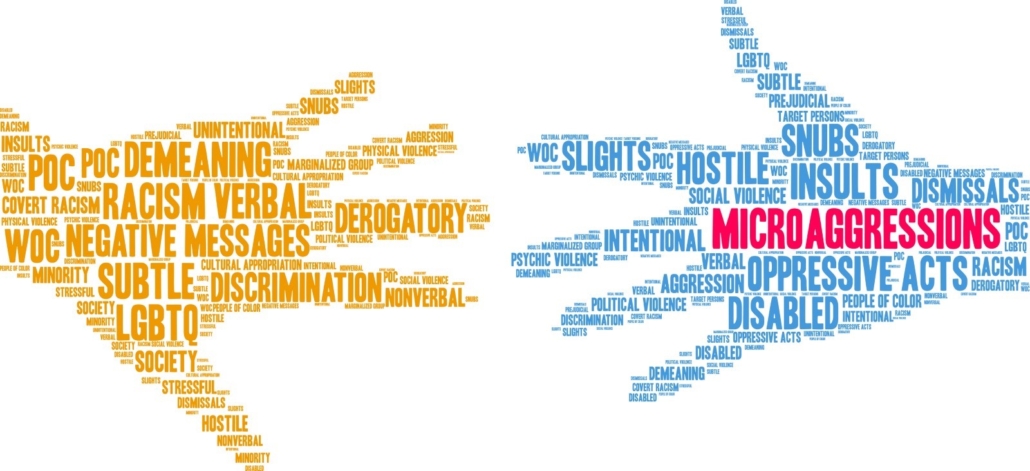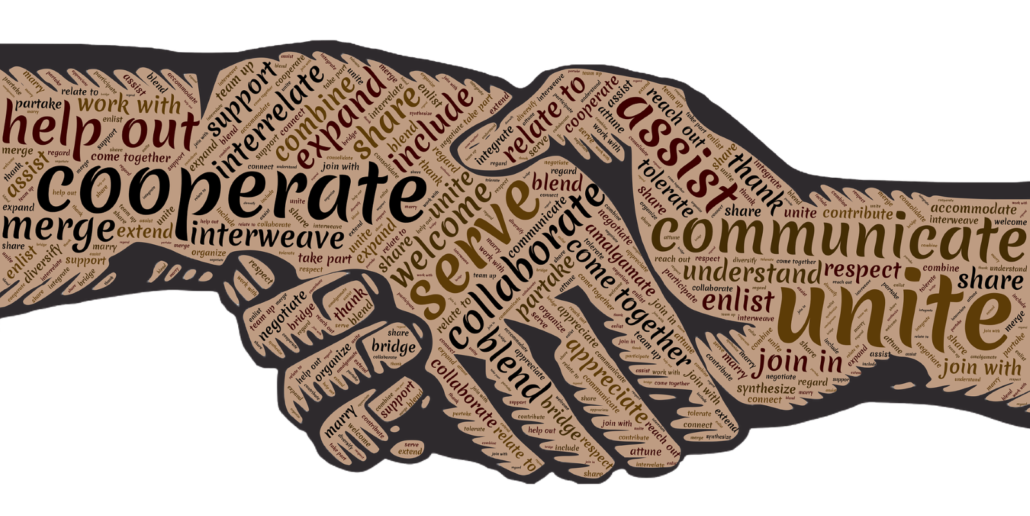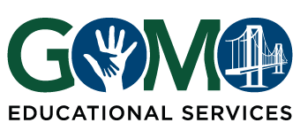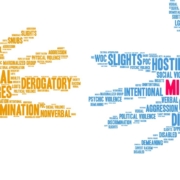I will not Correctly Pronounce Your Name
Have you ever had someone struggle to pronounce your name, so they decided to call you something that’s easier for them to say? I have. With the name Josue, there are different language variations. Being Haitian, the correct pronunciation of my first name is Zhǝ-zu-way. Then, there’s my last name, Falaise. The correct pronunciation is Fa-Lez. However, for most of my life people had called me, Joshua Full Ace because of their discomfort with pronouncing my first and last name. In fact, I continue to hear people ask me “Is there an easier version, abbreviation or American version to your name?” I’ll be honest: it doesn’t feel great. It seems small, but when you think about it, it’s not. Pronouncing someone’s name correctly is one of the simplest ways to show value for their name, culture and heritage. No name is too hard to say – you just have to learn how to say it. Refusing to do so is not only devalues their name, culture and heritage, but is also considered a microaggression.

What are microaggressions? Microaggressions are casual verbal, nonverbal, and environmental slights or cues, regardless of intention, which communicate hostile, derogatory, or negative messages to target persons based solely upon their marginalized group membership. Some examples of microaggressions are using sexist, racist, ableist, homophobic, or otherwise discriminatory language, assuming someone’s gender, refusing to pronounce someone’s name correctly, or singling someone out based on their background. Microaggressions are casual, so their delivery might not be outwardly aggressive, but their impact on the recipient is just as significant as if they were.
In many cases, microaggressions exist on a subconscious level. Concepts like imitating someone’s accent or using inappropriate humor that degrades those belonging to certain groups occur more commonly than blatant discrimination all fall under the umbrella of microaggressions. These ideas, along with many others, are commonly practiced by many without the realization that they are microaggressions. As educational leaders, one of our greatest responsibilities is to foster a community that is safe for everyone. Eliminating microaggressions in our classrooms is one of the most effective ways to do that.

So, how do we deal with microaggressions? There are key actions we can take before and when microaggressions occur, as well as preventative steps we can take to avoid them in the future. First, we should reflect on and acknowledge our own interactions and behaviors we may exhibit. What triggers us? Why? How do others react to certain remarks we make? Do those remarks target individuals in our communities? How can we work through discomfort? Encourage your educators to reflect on their own interactions and behaviors as well. They will be the driving force that encourages safety in their classrooms.
Remember, eliminating microaggressions has nothing to do with whether or not you’re a good person, or a good leader. However, it has everything to do with ensuring that your community is safe for everyone. Good intentions can have a harmful impact. That is why reflection and acknowledgement are essential when considering microaggressions and their place in your community.

Image by John Hain from Pixabay
Now that we know some measures to take to prevent microaggressions, what can we do when we witness them in action? First things first: Pause and breathe. Understand that emotions can elevate quickly if someone is upset. Review your community guidelines so that everyone in the situation remembers what type of behavior is expected of them in your organization. Ask for clarification and take time to explain the harmful impact of microaggressions. Take care to validate and extend support to those who have been targeted and be sure to follow up with them after the issue has been resolved. Are they satisfied with the outcome? Has the behavior of the aggressor changed? Consider all of this in your work to eliminate microaggressions in your organization. If someone still feels unsafe, there is more immediate work to do.
The work that must be done to overcome microaggressions is not easy by any means, but it is necessary to foster a safe, inclusive, and equitable institution. If you’re not sure where to start, GOMO Education Services can help you. Our equity audits will help you to understand which areas of your organization need improvement, and our equity training will help you foster safety and inclusivity in your community. Leaders, take matters into your own hands and pledge to improve the equity of your educational institution. Contact us today to get started.



